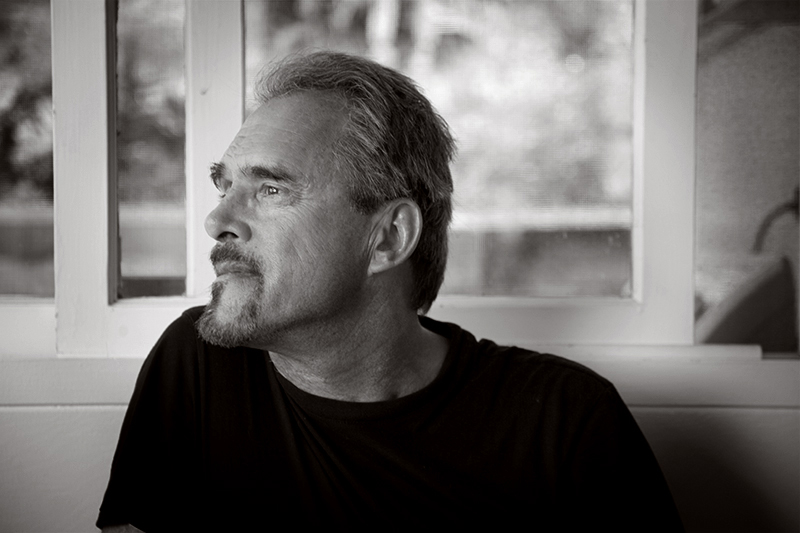ABOUT THE AUTHOR

DAVID ULRICH is an active photographer and writer whose work has been published in numerous books and journals including Aperture, Parabola, MANOA, and Sierra Club publications. Ulrich's photographs have been exhibited internationally in over seventy-five one-person and group exhibitions in museums, galleries, and universities. He is currently co-director of Pacific New Media Foundation in Honolulu, Hawai‘i. He has taught for Pacific New Media, University of Hawai‘i Mānoa and was a Professor and Chair of the Art Department at Cornish College of the Arts in Seattle. For fifteen years, he served as Associate Professor and Chair of the Photography Department of The Art Institute of Boston.
Ulrich is the author of Zen Camera: Creative Awakening with a Daily Practice in Photography and The Widening Stream: the Seven Stages of Creativity, as well as the co-author of Through Our Eyes: A Photographic View of Hong Kong by its Youth. He earned a BFA degree from The Museum School of Fine Arts in Boston and an MFA degree from The Rhode Island School of Design. He is a consulting editor for Parabola magazine and a frequent contributor.
David Ulrich is uniquely qualified to address the themes found in his books on creativity and seeing. The genesis for the books took place over twenty-five years ago when the author assisted the renowned photographer Minor White in editing The Visualization Manual, an unpublished manuscript that details White’s teaching methods derived from over forty years of teaching photography and visual perception. Other circumstances have forcefully intervened in the author’s life as well, not the least of which was the loss of his right, dominant eye in an impact injury at the age of thirty-three. He writes: “Fearing the loss of my capacity to see and photograph, and with all hope to the contrary, this blow helped to awaken my own awareness. Losing an eye and facing the resulting need to learn to see again, this time as an adult, assisted the growth and development of my perceptual capacities—and helped me better understand the function and process of sight. Above all, I learned to not take vision for granted. It was a profound learning experience, one that continues to this day. The experience was traumatic and painful—like nothing else I have ever experienced—and a great privilege.”
The author is an experienced lecturer, teacher, and workshop leader. He works with a diverse population of credit and noncredit students and promotes his books through frequent speaking engagements, classes, and workshops.